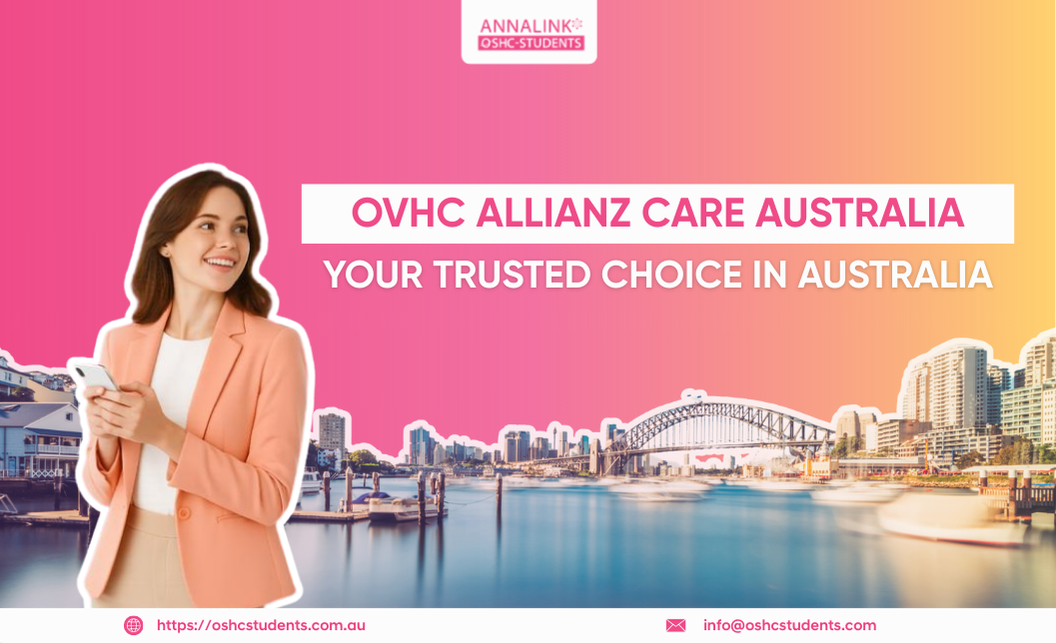18OSHCstudents – Accessing medical help in Australia may be different from in your home country. People go to hospitals and local doctors (also known as General Practitioners or GPs ) in Australia:
- Go to your local doctor for non-life-threatening conditions.
- Go to your closest hospital emergency departments for medical emergencies.

Non-life-threatening conditions
Examples of non-emergencies include:
- Earaches
- Cold or flu
- Sore throat
- Skin infections
- Urinary tract infections
- Vaccinations
You can also access many other services through your GP, including:
- General medicine and simple diagnostic testing
- Sexual health advice
- Mental health advice
- Assessment and treatment of injuries
- First aid services
- Women’s and men’s health
- Referrals to specialist services – such as cardiac, neurological, and oncology specialists.
If your doctor has prescribed you medicine, you will need to bring your doctor’s prescription (that is, your doctor’s authorisation) for the medicine and a form of identification to the chemist with you.
Medical emergencies

If you have a life-threatening medical emergency, go to your closest public hospital emergency department or call an ambulance on 000 immediately for help.
Examples of medical emergencies are the following:
- Acute asthma attack
- Allergic reactions
- Chest pain, pressure and/or palpitations
- Choking and aspiration
- Coughing or vomiting blood
- Diabetic emergencies
- Epileptic seizures
- Fainting
- Hyperventilation
- Loss of consciousness
- Major injuries, such as broken bones or lacerations
- Poisoning
- Sudden severe pain
- Uncontrolled bleeding
All public hospitals in Australia have a 24-hour emergency department where you can get help outside local doctor’s hours, including at weekends.
People waiting in the emergency department are assessed and treated based on how serious their medical condition is. Patients with the most urgent problems are seen and treated first. If you attend the emergency department with a less serious medical condition, you may need to wait a long time to be treated. Seeing your local doctor first is often a quicker option.
If you have a valid OSHC or OVHC policy with us and you have been admitted to the hospital, contact us immediately so we can help you with your payment to the hospital (waiting periods, and exclusions may apply).
See more:
- Accessing healthcare as an international student in Australia
- Help with finding a mental health practitioner
You are international students or foreigners arrive to Australia, or Australian citizens traveling abroad who are looking for OSHC, OVHC, travel insurance, please contact OSHCstudents Team at email: info@oshcstudents.com and our partners for further information and assistance.
OSHCstudents (source: Allianz Care Australia)














